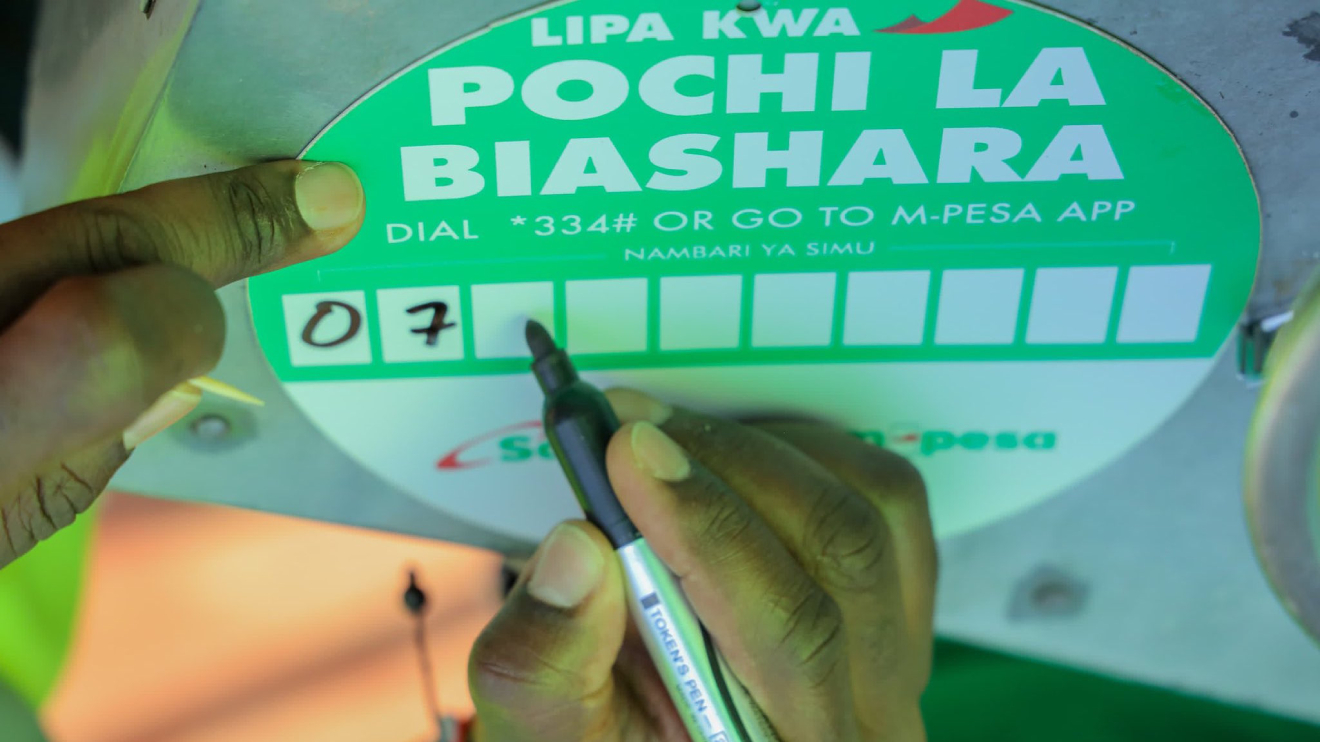Digital broadcasting in Kenya continues to grow, with better quality signals and more efficient spectrum use. However, not all equipment is allowed into the market freely.
The government, through the Communications Authority of Kenya (CA), has made it clear that anyone who wants to import, sell, or even use digital televisions and decoders must first seek Type Approval.
This process protects consumers, promotes fair competition, and ensures that all devices meet the required technical standards before entering the Kenyan market.

Why Type Approval for Digital TVs and Decoders
Matters
Type Approval is a certification that confirms equipment meets set standards before it is imported, sold, or used in Kenya. The CA introduced this measure to ensure only high-quality and safe devices reach consumers.
In a recent notice, the Authority stated that all Digital Video Broadcasting-Second Generation Terrestrial (DVB-T2) receivers must be approved before they are allowed into the Kenyan market. These include Integrated Receiver Decoders (IRDs), televisions with built-in digital tuners, and Conditional Access Modules (CAMs).
The DVB-T2 standard is the backbone of Kenya’s digital broadcasting system. It delivers better picture and sound quality, efficient spectrum use, and access to a wider range of broadcasting services. Since Kenya switched from analogue to digital broadcasting in 2015, this standard has been key to shaping the TV experience for millions of households.
By enforcing Type Approval, the CA aims to eliminate substandard devices that compromise consumer safety and broadcast quality. The process guarantees that only equipment meeting the country’s DVB-T2 technical specifications can be sold or distributed.
The Process of Getting Type Approval
Entities intending to import or distribute equipment must submit a formal application to the CA. The application must be accompanied by supporting documents, as outlined in the official form available on the Authority’s website. This allows the CA to confirm compliance with Kenya’s technical requirements.
The Authority notes that Type Approval is granted once for each model. Once a device has been approved, it does not need to go through the process again, provided the specifications remain unchanged.
In addition to digital TVs and decoders, Type Approval applies to a wide range of electronic communication devices. These include mobile phones, radio communication equipment, and data devices.
The CA has urged all players in the broadcasting and electronics market to comply fully. Non-compliance could lead to severe penalties, including fines of up to Ksh1 million, as set out in Section 46C of the Kenya Information and Communications Act of 1998.

Benefits of Type Approval for Consumers and Industry
Type Approval offers several benefits to both consumers and the wider broadcasting industry.
First, it guarantees product quality. Consumers are assured that the equipment they buy has been tested and verified. This helps prevent cases of poor-quality devices that break down easily or fail to deliver the expected service.
Second, it promotes fair competition. Local and international suppliers must meet the same standards before entering the Kenyan market. This ensures a level playing field and discourages the sale of counterfeit or substandard products.
Third, Type Approval protects the broadcasting ecosystem. With only compliant devices in use, broadcasters can deliver content reliably without interference caused by incompatible equipment.
For consumers, this means consistent access to clear, high-quality signals. For businesses, it creates confidence in the market, leading to stronger investment in broadcasting infrastructure and services.
The Future of Digital Broadcasting in Kenya
Type Approval for Digital TVs and Decoders in Kenya is more than just a legal requirement. It represents a wider effort by the government to modernize the broadcasting sector and safeguard the public.
With technology advancing quickly, the CA will continue to monitor and update its standards to match global best practices. For suppliers and distributors, compliance is not optional. For consumers, it is a guarantee of safety, quality, and value for money.
As Kenya’s broadcasting landscape grows, Type Approval will remain a key tool in protecting both the market and the millions of viewers who depend on digital TV every day.











































